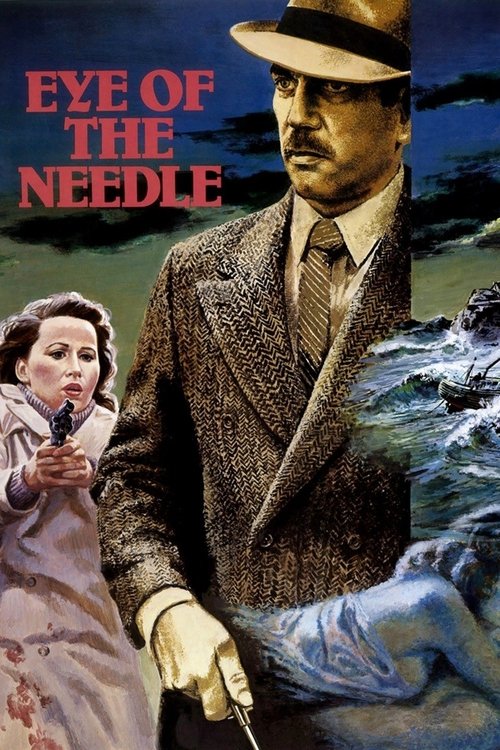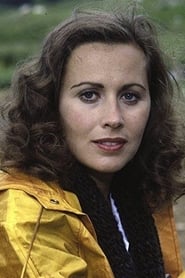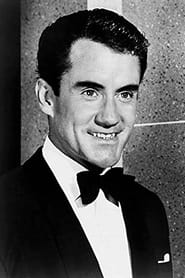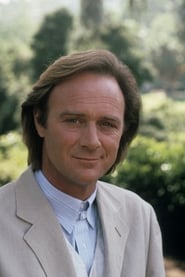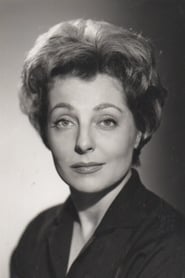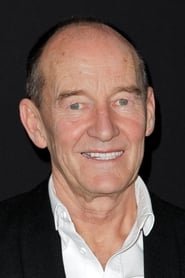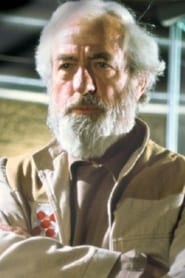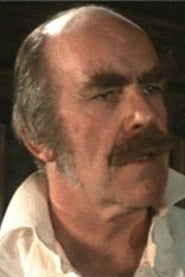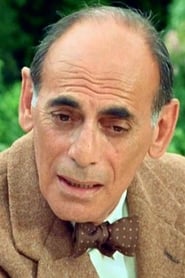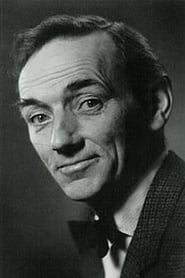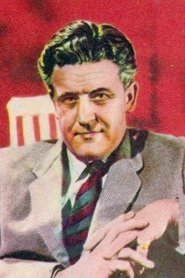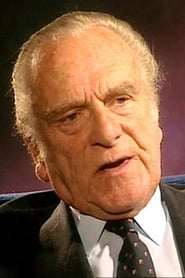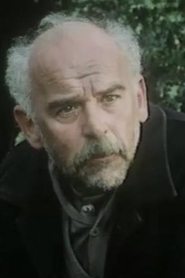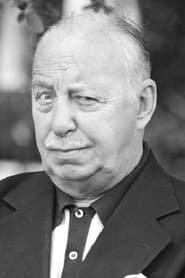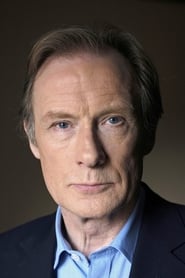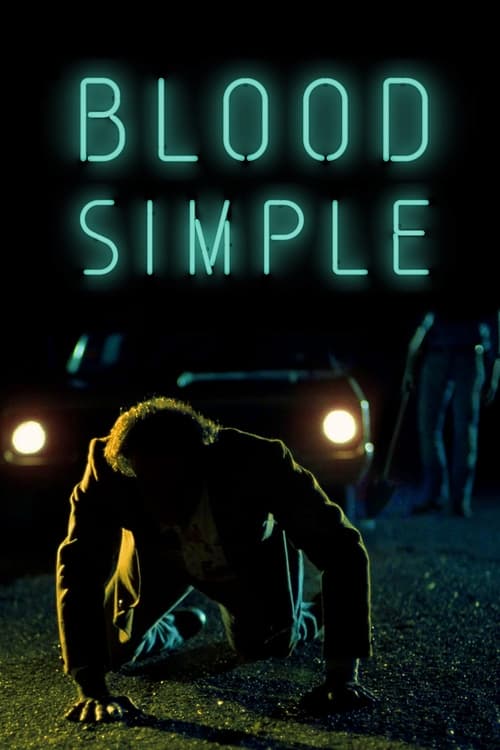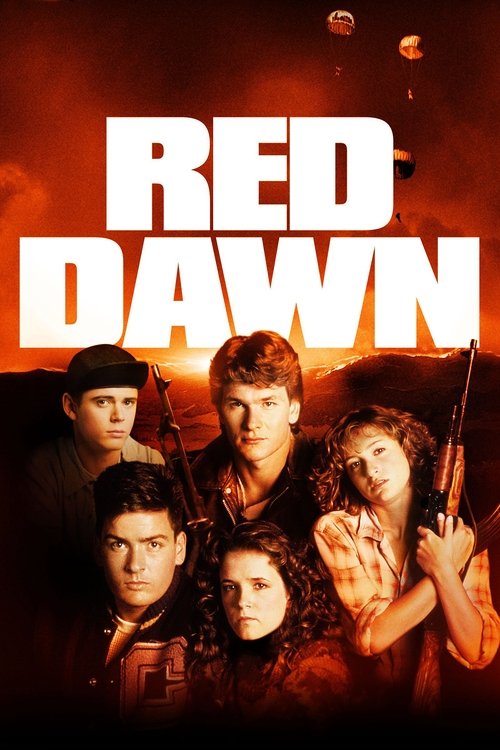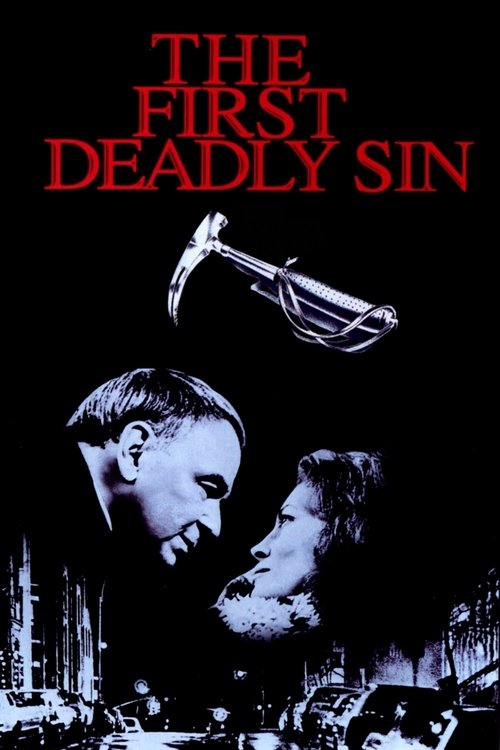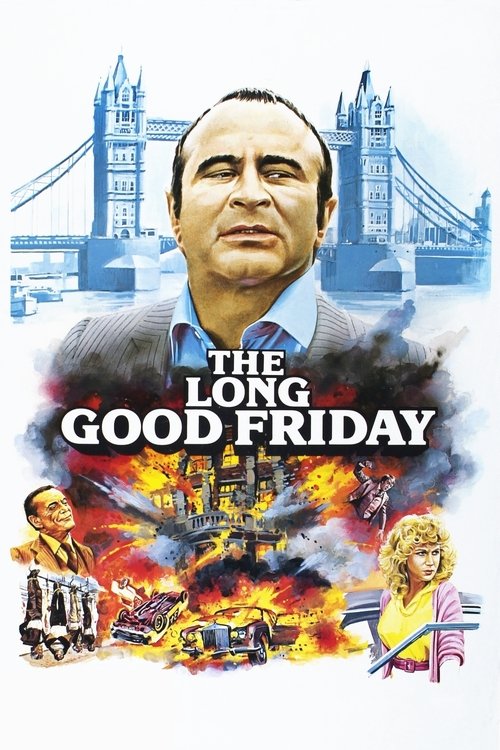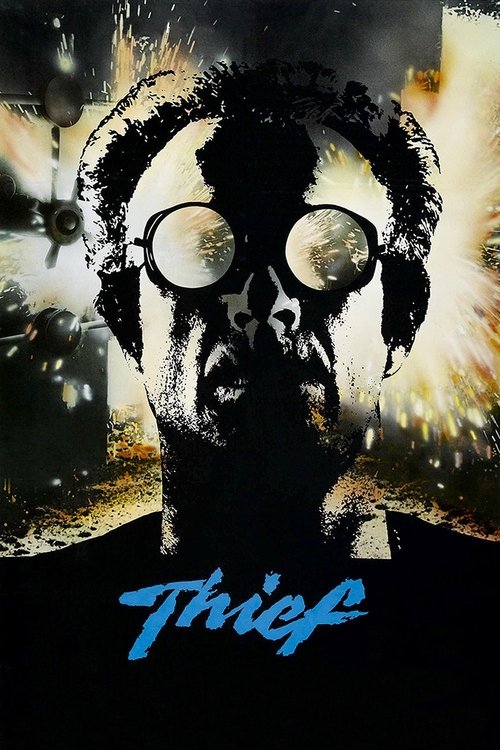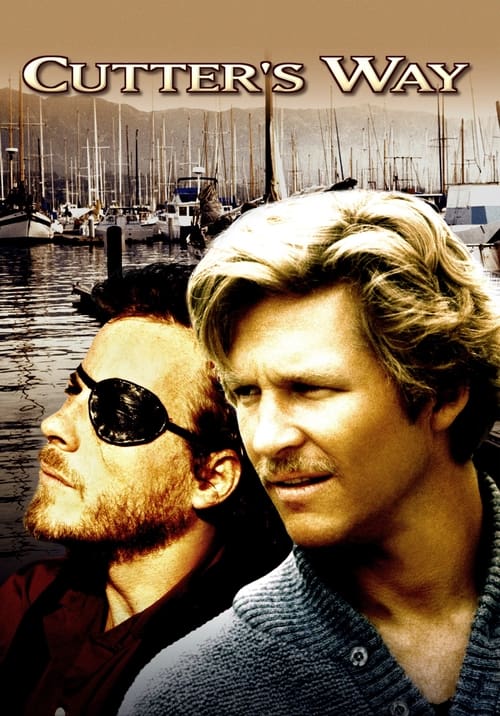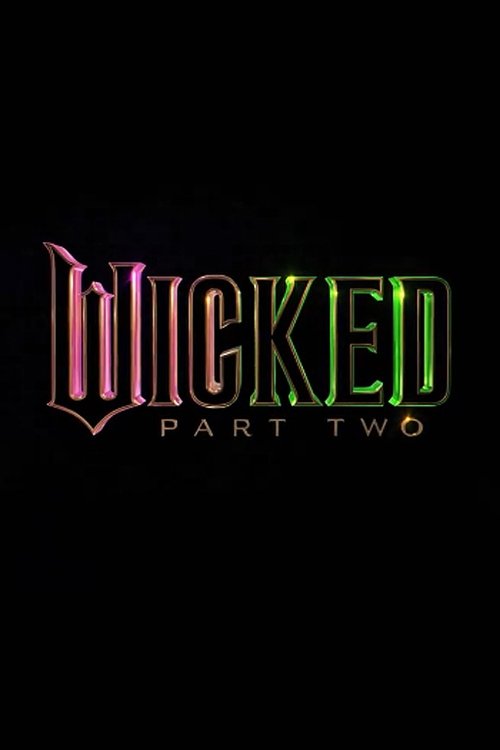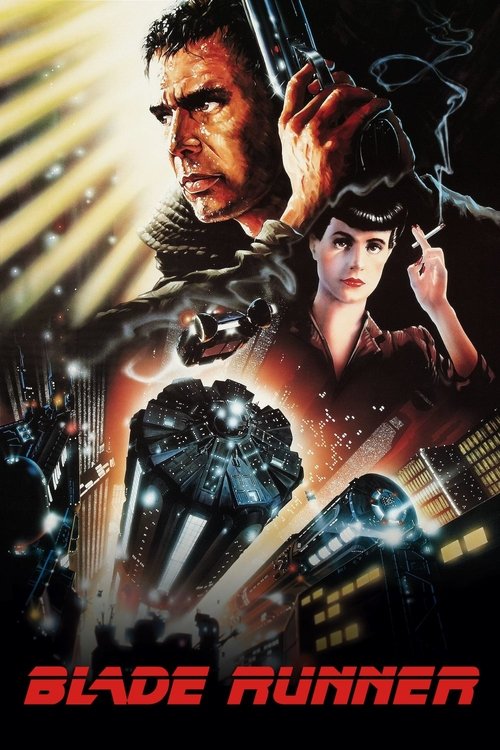
Ask Your Own Question
What is the plot?
In the tense shadow of World War II, 1944, England braces for the colossal Allied invasion known as Operation Overlord, the D-Day assault destined to turn the tide of the war. Amid this backdrop, Henry Faber, a cold and ruthless German spy known ominously as "The Needle," operates covertly within England. His moniker stems from his chilling method of killing: a swift, precise stab of a stiletto knife into the rib cage, a signature both feared and whispered among intelligence circles. Early in the film, Faber's deadly efficiency is starkly demonstrated when he murders his own landlady to silence her and protect his clandestine radio transmissions, underscoring his merciless commitment to his mission.
Faber's mission is of critical importance: he has uncovered the true target of the D-Day invasion, a secret the Allies desperately want to keep from the Nazis. Through his espionage, he discovers that the massive armada of American airplanes poised for invasion is a ruse--plywood and canvas decoys designed to mislead German intelligence away from the real landing site. This deception is pivotal, and Faber's task is to relay this intelligence directly to Hitler, bypassing all Allied countermeasures.
To escape England and deliver this vital information, Faber plans to rendezvous with a German U-boat off the coast of Scotland. However, his escape is thwarted when a fierce storm wrecks his small boat near a remote and inhospitable place known as Storm Island. This isolated Scottish isle is sparsely populated: Lucy Rose, her crippled husband David, their young son Jo, and Tom, the lighthouse keeper who maintains the island's only two-way radio.
Lucy Rose lives a life marked by frustration and loneliness. Her husband, David Rose, once a proud Royal Air Force pilot, lost both legs in a car accident on their wedding day, leaving him embittered, partially paralyzed, and emotionally withdrawn. David's bitterness and alcoholism have created a loveless marriage, leaving Lucy isolated and yearning for connection. The bleak, windswept island mirrors the emotional desolation of its inhabitants.
When Faber washes ashore, he presents himself as a lost British sailor, a guise he maintains with chilling calm. Lucy, craving companionship and relief from her bleak existence, is drawn to this mysterious stranger. Their initial interactions are marked by a fragile tension, but soon a passionate, if complicated, romance develops. Faber reveals glimpses of vulnerability and complexity beneath his ruthless exterior, sharing personal details with Lucy that hint at a conflicted inner life. Yet, his true allegiance remains clear: he is a man driven by duty to complete his mission at any cost.
David, suspicious and increasingly aware of Faber's deception, confronts the spy. The confrontation is brutal and swift: Faber kills David with his signature stiletto knife, stabbing him in the rib cage, silencing the man who threatens to expose him. This murder marks a turning point, shattering the fragile illusion Lucy held about the stranger and thrusting her into a desperate fight for survival.
Tom, the lighthouse keeper, also becomes a victim of Faber's lethal resolve. When Tom attempts to interfere or alert the mainland, Faber kills him to secure control over the island's only two-way radio, the crucial device Faber needs to transmit the D-Day intelligence to the waiting U-boat.
Lucy's discovery of her husband's body and Tom's death shatters her trust and forces her to confront the terrifying truth: the man she has come to care for is a dangerous enemy agent. As Faber prepares to send his message, Lucy's resolve hardens. She understands that the fate of the Allied invasion--and perhaps the war itself--depends on preventing Faber's transmission.
In the lighthouse, a tense psychological and physical battle unfolds. Faber takes Lucy's son Jo hostage, using the boy as leverage to force Lucy to allow him access to the radio transmitter. The stakes are immense; the war's outcome hinges on this fragile line of communication. Lucy's fear and desperation are palpable as she pleads with Faber, but beneath her terror lies a fierce determination to stop him.
In a decisive act of defiance, Lucy sabotages the radio by blowing the lighthouse's fuse, rendering the transmitter useless. This act of sabotage denies Faber the opportunity to send his critical intelligence, effectively sealing the fate of the D-Day deception.
Faber, enraged and desperate, flees toward the cliffs where the German U-boat waits offshore. The final chase is charged with tension and raw emotion. Lucy pursues him, armed with her husband's revolver, her voice trembling yet resolute as she implores, "Stop! Don't do this." Faber, cold and unyielding, ignores her pleas, intent on completing his mission.
In a climactic moment on the rocky shoreline, Lucy fires. The bullet finds its mark, and Faber falls, dying before he can reach the U-boat and escape. His death is both a literal and symbolic end to the threat he posed. Lucy sinks to her knees, exhausted and emotionally shattered, clutching her son as the storm rages around them. The war's vast machinery contrasts sharply with this intimate, harrowing moment of personal loss and survival.
Throughout the film, Faber's character remains enigmatic--a man whose ruthless efficiency as a spy is tempered by moments of vulnerability and loneliness. His chilling declaration, "The war has come down to the two of us," encapsulates the film's intense psychological duel between spy and wife, enemy and survivor.
The film closes on this complex emotional note, highlighting the personal cost of war and espionage. Lucy's victory is bittersweet; she has saved countless lives by preventing the transmission, but at immense personal cost. The isolated island, once a place of desolation, becomes a silent witness to the deadly game of secrets, lies, and survival that unfolded within its rocky shores.
Thus ends the story of Eye of the Needle, a taut and gripping espionage thriller that weaves together suspense, psychological drama, and the profound human consequences of war.
What is the ending?
In the ending of "Eye of the Needle," the main character, Henry Faber, is pursued by the British authorities after being discovered as a German spy. He confronts the woman he has developed feelings for, Lucy, and ultimately meets a tragic fate.
As the film progresses towards its conclusion, Henry Faber, having been exposed as a spy, finds himself on the run. He returns to the isolated estate where Lucy lives with her husband, David, who is away. Faber's emotional conflict deepens as he grapples with his feelings for Lucy, who is unaware of his true identity.
In a tense scene, Lucy discovers Faber's true nature when she finds evidence of his espionage. The revelation shatters her trust, and she is torn between her feelings for him and the reality of his betrayal. Faber, realizing that he cannot escape his fate, becomes increasingly desperate.
In a climactic moment, David returns home unexpectedly, and a confrontation ensues. Faber, cornered, attempts to eliminate the threat David poses. However, in a struggle, David is fatally wounded. Lucy, horrified and heartbroken, witnesses the violence unfold.
Faber, now fully aware of the consequences of his actions, tries to persuade Lucy to leave with him, but she is paralyzed by grief and fear. In a final act of desperation, Faber attempts to flee, but he is ultimately caught by the authorities. The film concludes with Faber's capture, leaving Lucy to grapple with the loss of her husband and the betrayal of the man she had come to care for.
In summary, the ending of "Eye of the Needle" encapsulates the tragic consequences of deception and the emotional turmoil faced by the characters, particularly Lucy, who is left to navigate the aftermath of betrayal and loss.
Is there a post-credit scene?
The movie "Eye of the Needle," produced in 1981, does not have a post-credit scene. The film concludes with a tense and emotional climax, focusing on the fate of the main characters, and it ends without any additional scenes or epilogues after the credits roll. The story wraps up with a sense of finality, leaving the audience to reflect on the events that transpired throughout the film.
What is the significance of the character Faber's profession as a spy?
Faber, played by Donald Sutherland, is a German spy during World War II, which is central to the plot. His skills in deception and stealth are crucial as he navigates the dangers of being discovered while trying to gather intelligence. His profession also highlights the tension between his duty to his country and his personal desires, especially as he becomes romantically involved with a woman named Lucy.
How does Faber's relationship with Lucy develop throughout the film?
Faber's relationship with Lucy, portrayed by Kate Nelligan, evolves from a chance encounter to a deep emotional connection. Initially, Faber is cold and detached, focused on his mission. However, as he spends time with Lucy, who is isolated on a remote British island, he begins to experience genuine affection for her. This relationship complicates his loyalty to the Nazi cause and ultimately leads to a conflict between his feelings for Lucy and his responsibilities as a spy.
What role does the setting of the remote island play in the story?
The remote island serves as a critical backdrop for the film, emphasizing themes of isolation and danger. It is where Faber meets Lucy, and the stark, rugged landscape mirrors the emotional turmoil of the characters. The island's isolation also heightens the tension, as Faber must navigate both the physical challenges of the environment and the emotional complexities of his relationship with Lucy, all while being pursued by British authorities.
How does the character of Lucy cope with her husband's absence?
Lucy is portrayed as a lonely and vulnerable woman, coping with her husband's absence due to the war. She struggles with feelings of isolation and despair, which makes her susceptible to Faber's charm. Her emotional state is marked by a longing for connection and intimacy, which Faber provides, albeit temporarily. This dynamic adds depth to her character, showcasing her internal conflict as she grapples with her feelings for Faber while still being tied to her husband.
What is the significance of the climax involving the confrontation between Faber and Lucy's husband?
The climax of the film is marked by a tense confrontation between Faber and Lucy's husband, who is a British soldier. This moment is significant as it forces Faber to confront the consequences of his dual life as a spy and a lover. The encounter is fraught with emotional intensity, as Lucy is caught in the middle, torn between her loyalty to her husband and her feelings for Faber. This confrontation ultimately leads to a tragic resolution, highlighting the personal costs of war and betrayal.
Is this family friendly?
"Eye of the Needle," produced in 1981, is not considered family-friendly due to its mature themes and content. Here are some potentially objectionable or upsetting aspects that may affect children or sensitive viewers:
-
Violence: The film contains scenes of intense violence, including murder and physical confrontations that may be disturbing.
-
Sexual Content: There are explicit sexual scenes that are integral to the plot, which may be inappropriate for younger audiences.
-
Tension and Suspense: The film has a pervasive atmosphere of suspense and danger, which could be unsettling for sensitive viewers.
-
Themes of Betrayal and Deception: The narrative explores dark themes such as betrayal, espionage, and moral ambiguity, which may be complex and distressing for younger viewers to understand.
-
Emotional Turmoil: Characters experience significant emotional distress, including fear, isolation, and desperation, which may resonate negatively with sensitive individuals.
Overall, the film's mature content and themes make it more suitable for adult audiences.

